Trigger Warning: This birth story contains details of 4th degree tear, avulsion and prolapse. If you are triggered by these topics you may wish to skip this blog or read it once you have support available. If you are seeking support for your birth trauma, you may wish to contact our Peer Support Service.
After years of trying for a bub, a miscarriage and finally getting the help we needed to conceive, I was in labour and about to meet my gorgeous boy. I went into labour a few days before my bub was due, my waters had broken but I wasn’t in the full swing of labour. They decided to put me on induction drugs and oh boy, did it kick in. I was told I would have to labour on my back on a bed as they needed to monitor bub and then that if I didn’t get an epidural now, they aren’t sure when the anaesthesiologist would be able to do it.
This was not the birth we planned. I knew this wouldn’t be the best for labour or for avoiding issues but it’s the best I could do at the time. I laboured for approximately 18 hours. They had scanned bubs head and were worried he was a bit swollen and may be too big but allowed me to continue labouring. My OB was on holidays and I wish she had been there to talk through the decisions we made.
As the first Obstetrician left and the new one came on shift, he said she is ready to push, and boy did I try. My son wasn’t budging so they said they would need to use a vacuum. They also realised his head was not going to fit so an episiotomy was in order.
As my son was born, I remember the concern on the Obstetricians face. The placenta came out quicker than I thought it would. I am not sure if that was assisted and then the Ob stitched me up. The Ob was focused and about 20 min into the stitching I remember saying in a light-hearted way, “Oh, did I get a bad 3rd degree tear” and he said “yes”, seeming scared to tell me the truth it was a fourth degree tear.
I was overloaded with information and painkillers. I knew my tear was something I would need to be aware of but why did no one mention pelvic floor or prolapses. While in hospital I was recatherterised 5 times (a larger gauge each time) as they thought I was having issues. This was just a sign of things to come and was more traumatic than the birth.
Around 6 months postpartum I started to see a women’s health physio. I was super bubbly, super positive and felt this was just my next step to getting better. I felt like I had dodged a bullet as I thought I had none of the issues other women face after having a tear like I did. I felt good, I felt like I had healed.
We worked on exercises. A few appointments in, they scanned me as I wasn’t getting the results we’d hoped for. The scan showed I have no pelvic floor control or very little when standing. They say it looks like I have a Levator ani bilateral avulsion and that means my pelvic floor muscles have been torn off the bone. Also, it looks like I have a bladder and a uterine prolapse. Which we had suspected but now was confirmed. This just added to the trifecta as I already had a rectal prolapse due to the tear.
This news of pelvic floor dysfunction changed everything. No longer was it a case of doing exercises and hope that it will get better with time. Now it’s ‘let’s make do until we can look into surgery’. I felt I had dealt so well with my birth trauma and that I was unaffected, but this hit me like a freight train.
I hadn’t come out unscathed and I wouldn’t just go back to normal.
I am now 16months postpartum and am having to wear pads of some description each day. For a long time, I didn’t drink enough water, exercise or do some of the normal things we do as I was too worried that I’d wet myself. But I decided life is to important to miss out on, so I just go everywhere as prepared as possible and if I have to change my pants because I decided to run with my son then so be it.
At times the what if’s get to me. What if my Ob was there? What if I had a C-Section? What if I had demanded to find a way to labour standing up. None of these may have changed the outcome but are sometimes hard questions to shake.
I wish someone would have let me know how important it was to truly look after your pelvic floor. I wish there was better assessment for determining if you will tear.
I would go back and let myself know birth is not something people can often bounce back from. That it isn’t sunshine and roses or some sort of spiritual experience, but this doesn’t take away from your life with your bub. After years of infertility this was the hard to come to grips with as this was meant to be a super amazing joyous occasion. This was meant to be amazing, but birth is not what it’s about.
I wish I knew what could happen to me.
I am still in the process of getting everything formally diagnosed but until we finish our family there isn’t a lot they can do. (And having more kids scares me as well. I honestly don’t know if I could cope with more damage.)
If you are seeking support for birth-related trauma, please contact our Peer2Peer Support service to connect with one of our Peer Mentors. Women who have experienced severe tearing may also find useful information at https://masic.org.uk/.


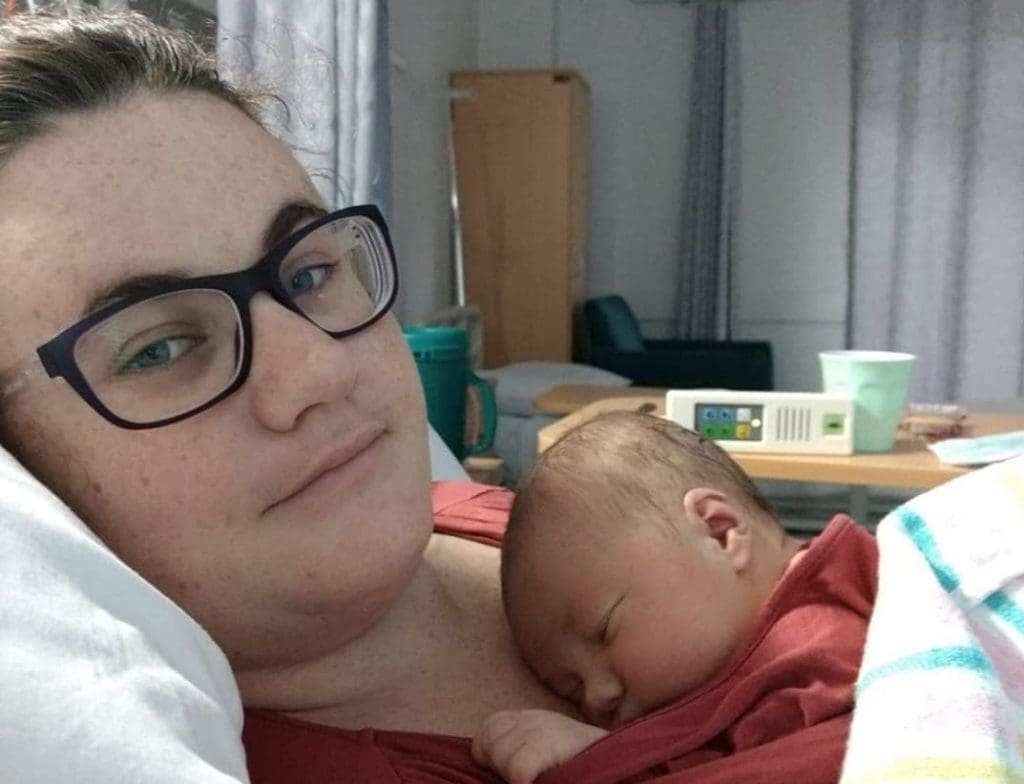
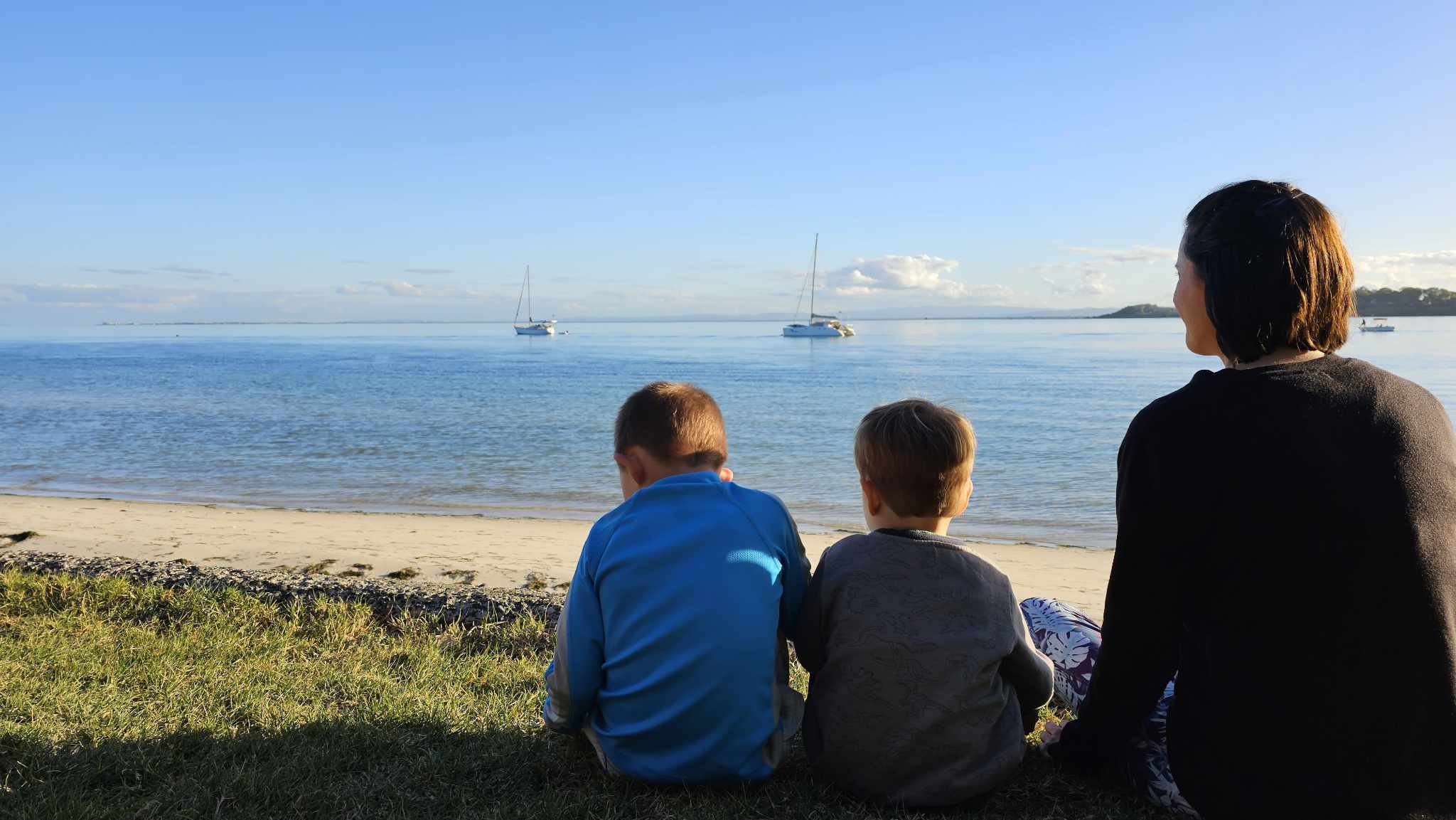
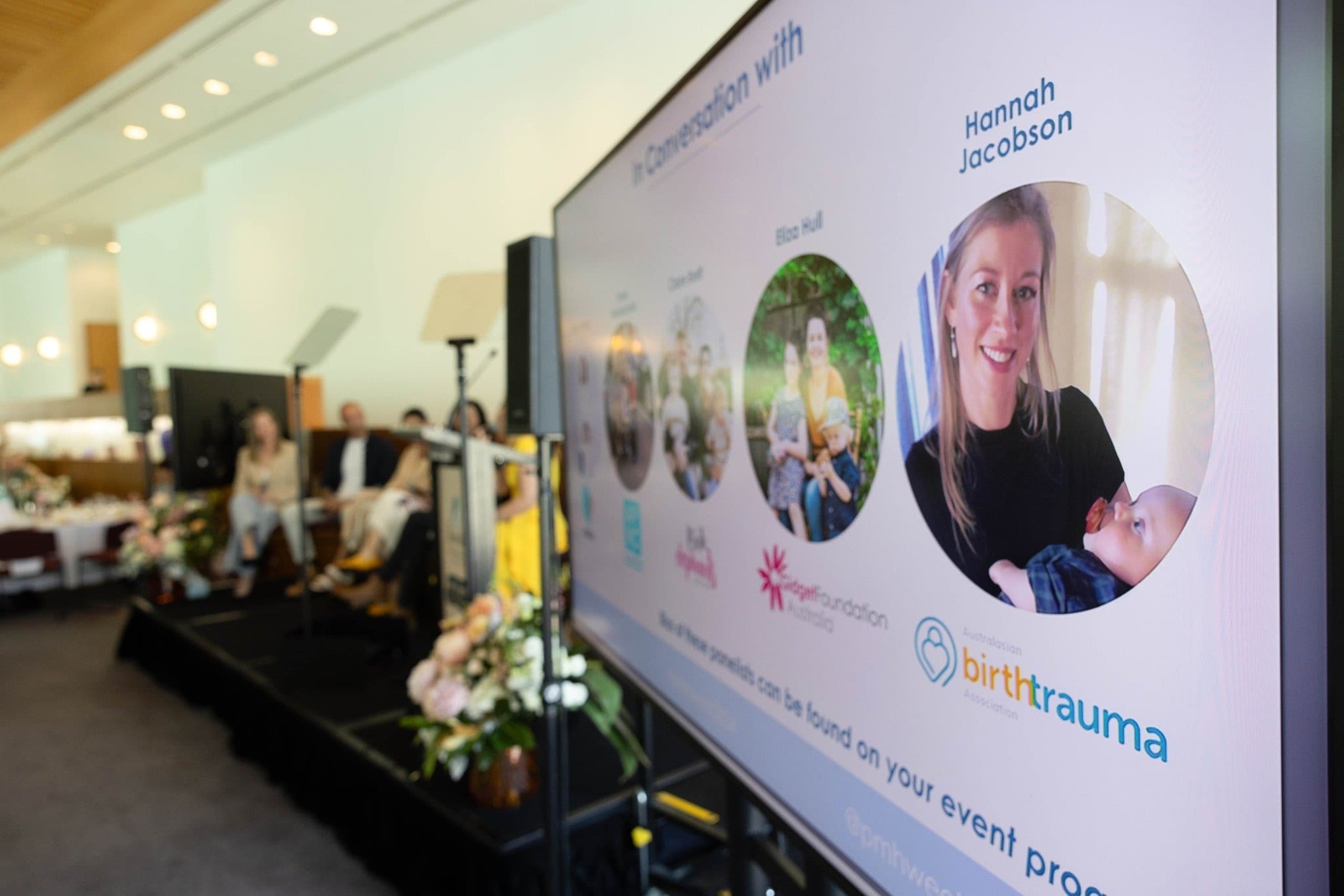
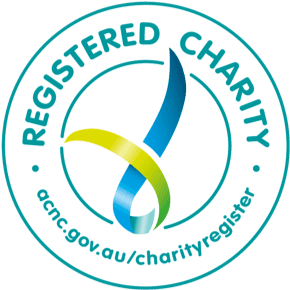
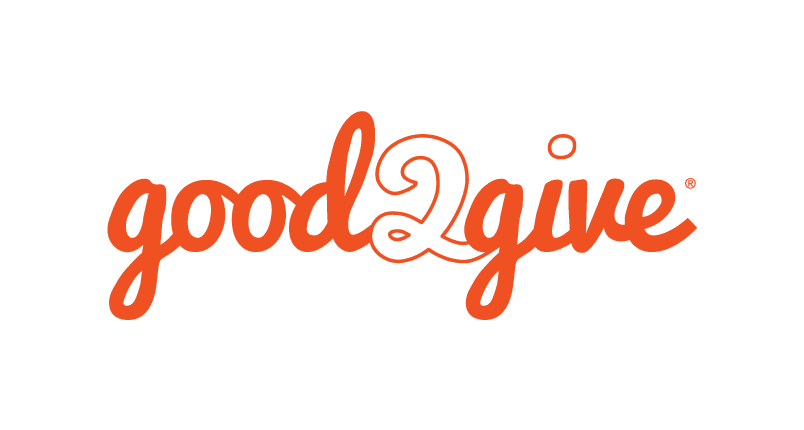





2 Responses
Im so glad to have found this site where the strong moms talked about their PP experiences! It made me feel better as i am now 3 months PP and still on the road to recovery – it gave me strength and hope to read about the experiences. Thank you!
Omg! I’m still grasping at the muscle off your bones! I’m prolapse as well and I’m pregnant with my third child but I told my husband this is it I’m done . So much has changed after my second child. They told me this will be your hardest pregnancy ever and I’m 11 weeks and so far it’s hardest!! 😩 I hope I make it threw!